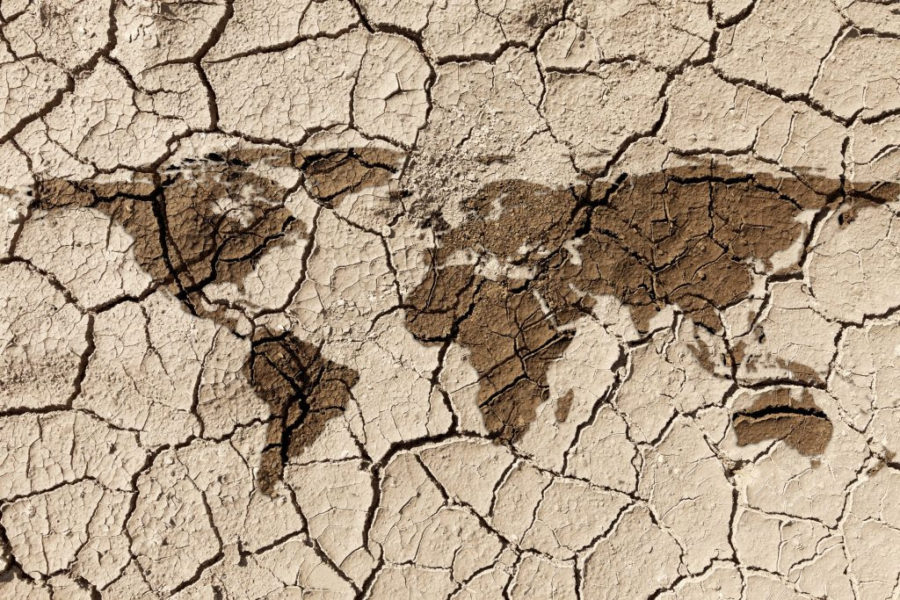Water Scarcity Opinion
December 11, 2019
Life first appeared on Earth because of water. The human body uses water in all its cells, organs, and tissues to help regulate its temperature and maintain other bodily functions. As the body loses water through breathing, sweating, and digestion, it is important to rehydrate by drinking fluids and eating food containing water. To most people in the United States, the pleasantries of clean freshwater are always available. Others living in densely populated areas and developing countries struggle everyday to remain hydrated. Knowing people do not have clean water feels unreal because water covers 70 percent of the Earth’s surface. But the reality is that out of all the water on the planet, only three percent is freshwater. Every single day, the amount of clean freshwater is depleted because of the human race. So, it is necessary to have people clean the world’s freshwater through facilities. Since cleaning water is expensive, this cost could be saved if people took care of water sources in the first place. With this vicious cycle, the people of the world have greatly hurt the Earth’s water sources. Water is considered a renewable resource because it has a rain cycle. However, freshwater is not renewable when looking at it in the long run. The sustainability of water is questionable. With this knowledge, more people should be trying to prevent water scarcity from happening. Water scarcity is a growing widespread issue because less freshwater is available due to pollution on land and in water, people misusing water, and the world’s population is increasing.
Solving water scarcity is complicated and expensive, but it can be done. Consciously thinking about conserving water and doing small actions to help the problem is significant, but it will not make a lasting impression on the world’s freshwater sources. Scientists have been researching ideas that could help save the freshwater cost effectively. While they are still working on that part, another way to help is by donating to an organization or research group to help them with forest restoration, irrigation efficiency, or desalination. Restoring the forests that earth has lost will help water availability throughout dry seasons. Since trees act like sponges, they can store water during the wet season and slowly release it into streams or reservoirs where water is scarce. Making irrigation more efficient would help since 70 percent of the world’s freshwater is used for irrigation. With more and more advancements in technology, moisture probe sensors and drip irrigation systems were created. The moisture probes will stop overwatering from happening and will sense if the crops are already wet from rainfall. Since drip irrigation allows the crops’ roots to have a direct supply of water, the water comes out slow and steady through drip emitters. Desalination is not cost effective at all at the moment because the process uses huge amounts of energy. It consumes more energy than conventional water sources, but with the help of researchers, it could be possible to utilize the ocean with a cheaper cost. It would also provide clean water to many people and agricultural industries. Individuals decreasing their shower time or recycling does help, and more people should be joining the cause. The world also needs to be focusing on finding long term solutions, so eventually worrying about water scarcity will not be relevant anymore.
Freshwater scarcity is a worldwide issue due to pollution on land and water, people misusing water, and an increase in the world’s population. Pollution is the main source of water scarcity because it contaminates vast amounts of water everyday due to industrial and agriculture waste. Most people do not realize how many gallons of water they use each day, so being consciously aware can help reduce the overuse of water. The increase in the population has led to many underdeveloped countries worrying about not having enough clean freshwater for its population. Since water is necessary for life to exist, the human body cannot survive more than three days without it. With what little freshwater the world has, people’s goals should be to reduce pollution and overuse, but most of all find ways to sustain the world’s freshwater supply.

